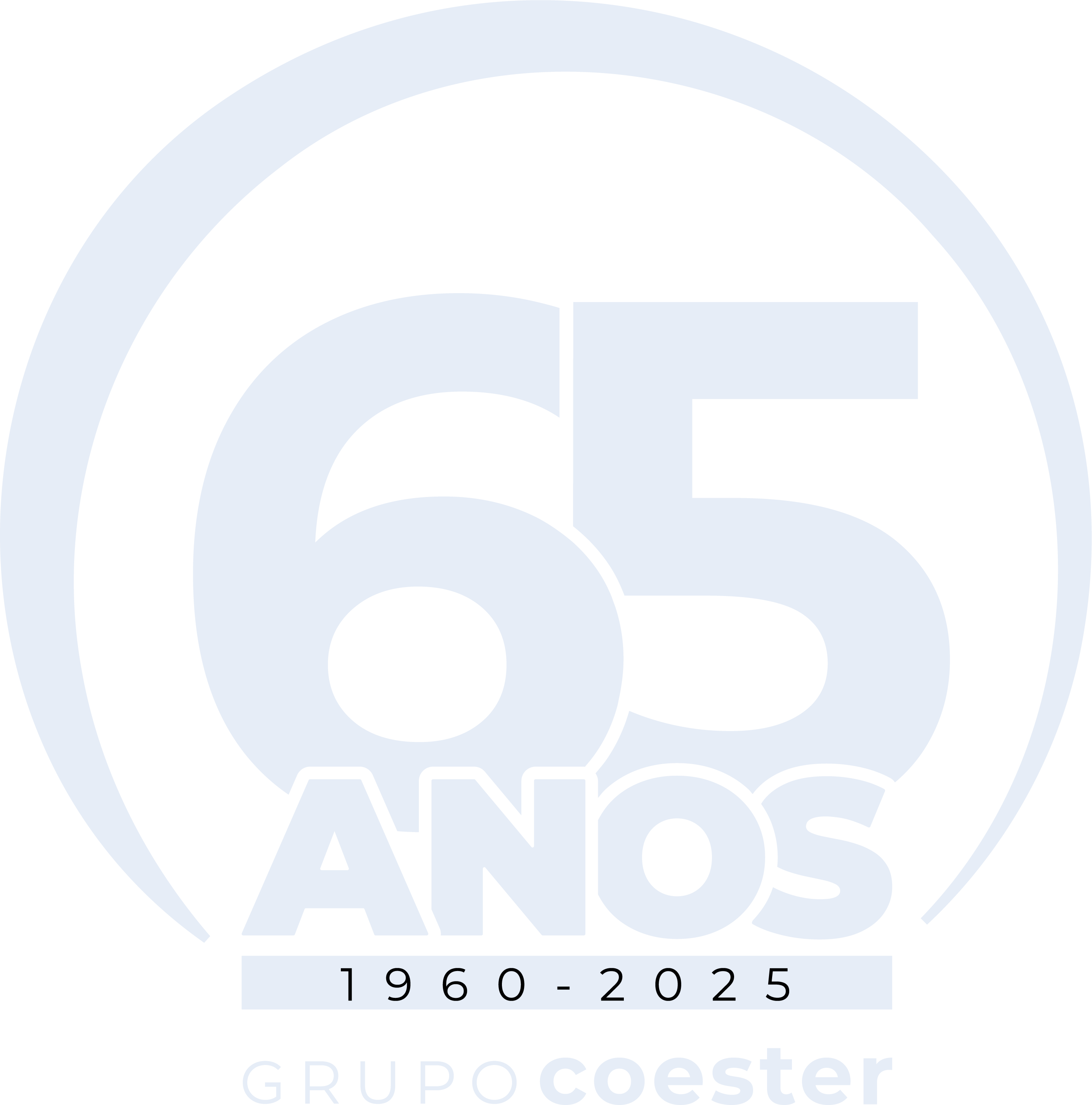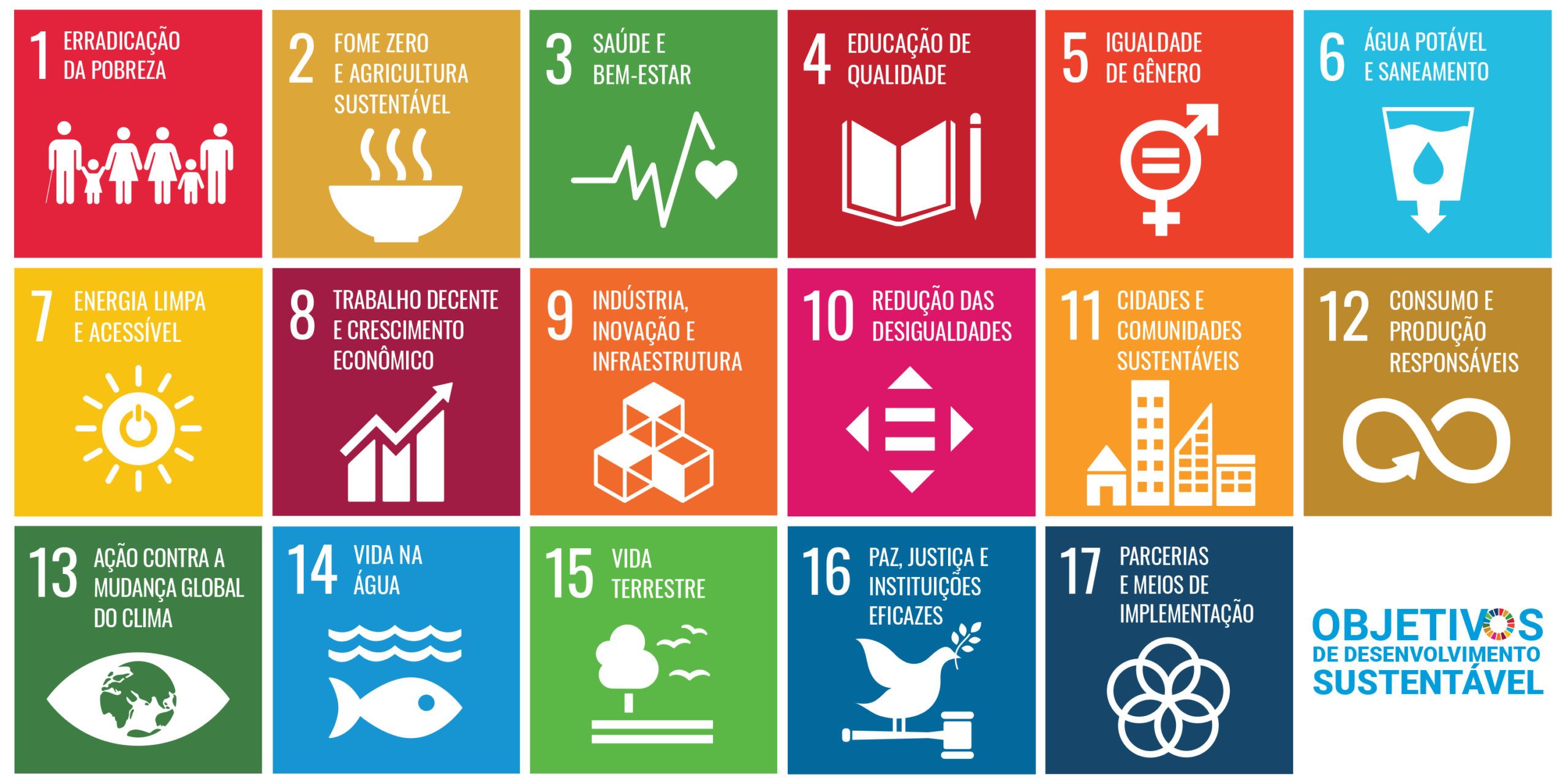According to a 2020 UN report, over 4.2 billion people worldwide live without access to basic sanitation. Universal access to water and sewage treatment, as provided for by Sustainable Development Goal number 6, is one of the most audacious challenges of this century.
Despite being configured as a right, according to data from PNAD/IBGE in 2018, only 66% of Brazilian homes have access to the sewage system. In order to change this scenario, the New Legal Framework for Basic Sanitation was approved in 2020, seeking to universalize and qualify the provision of services in the sector by 2033.
In addition to the large number of people without access to the service, the country has a high rate of distribution losses, from 36.7% in 2015 to 38.45% in 2018. To face the problem, automated and efficient technological solutions are needed .
Coester Automação, a manufacturer of equipment for the sanitation sector, has expertise in the development of automation systems using advanced digital network technologies.
This know-how is complemented by the tradition and experience in the manufacture of electromechanical components for the motorization of valves, dampers, and shut-off gates, as well as reducers, connectors, and controllers. Automated plants with Coester equipment get advanced diagnostics information on water and sewage distribution, identification of failures, interruptions, and anomalies in the installed networks. Reliable data and smart systems provide standardization and agility in processes, which results in less water and financial losses for operators, companies, and end consumers.
Sources: https://news.un.org/pt/story/2020/11/1733352 “Water Losses 2020 (base year 2018) – Challenges to water availability and the need to improve sanitation efficiency”






